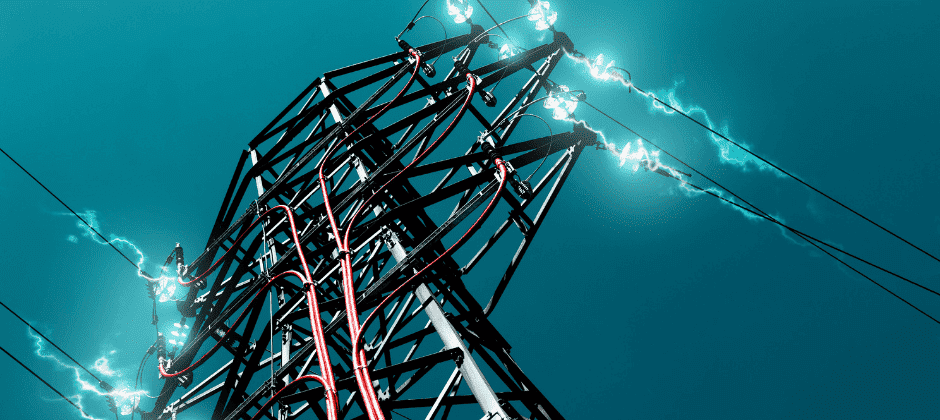Power Engineering is a subfield of engineering that deals with the generation transmission and distribution of electricity, as well as the electrical devices connected to such systems, including generators motors and transformers.
With the growing need for electrical distribution and the shortage of availability in the rural areas of developing countries, such as South Africa, there is an urgent need for continued research in the field, such as that being conducted in the Department of Electrical Engineering at the University of Cape Town.
Research being carried out by the Power Engineering group at UCT includes power system operation and control, fault diagnosis, energy efficiency problems induced by solar weather, rural electrification, network protection and power electronics – all of which have important implications for economic and social development.
The research being done by the UCT Power Engineering group is looking at ways to increase the efficiency of these systems. This will have a profound and positive effect on sustainable development for the rural areas of South Africa and other developing countries, where energy efficiency is a pressing need.
Although much of the field is concerned with the problems of three-phase AC power – the standard for large-scale power transmission and distribution across the modern world – a significant portion of the field is concerned with the conversion between AC and DC power, as well as the development of specialised power systems, such as those used in aircraft or for electrical railway networks.
This means that research into these areas provides graduates with a wide scope of career options. The far-spanning applicability of power engineering also makes demand for graduates in the field high, in both private and public sector industries. UCT Power Engineering graduates are often head-hunted for engineering consultancy positions. Careers further afield are available in the mining industry and in public transport systems (such as railway systems development and maintenance) as well as solar power and nuclear power companies, to name but a few.
The Low Energy Degradation Triangle helps to identify and monitor distressed transformers

Research Themes: Planning and Operations
Geomagnetically Induced Currents
Space science and GIC modelling; GIC exposure of networks; Transformer response to GICs; System performance during GICs, and mitigation
Electrification and Electricity Supply
Load models – data from loggers and smart meters; Feeder performance and quality of supply; Electrification technologies; Utility policy, regulation and operations; Energy planning, nuclear power
Reliability
Probabilistic reliability for planning and operations; Customer Interruption Costs; Time-based representation of failure probability of components; Fault signature identification; Reliability of hybrid systems
Condition assessment
Transformer degradation assessment; Generator insulation assessment; Overhead line performance; Fault tolerant systems
Research Themes: Stability and Control
Applied Computational Intelligent
Short term load forecasting using Artificial Neural Networks; Overcurrent relay coordination using Evolutionary Algorithm (EA); Optimization of generator excitation system using ANN
System Stability and Optimization
Controller design for small-signal stability enhancement; Transient stability assessment in the presence hybrid renewable energy sources using CI
Smart Grid
Smart grid control, monitoring and meters; Distribution Automation; Wide Area Control and Phasor Measurement Unit (PMU); Cybersecurity for Smart grid; Plug in Electric Vehicles
Integration of Renewable Energy Sources (RES)
Penetration limits on distribution feeders; Grid integration and control of small-scale RES; Concentrated Solar Power; Grid integration of large scale wind power; Wind speed assessment for electrical power generation


